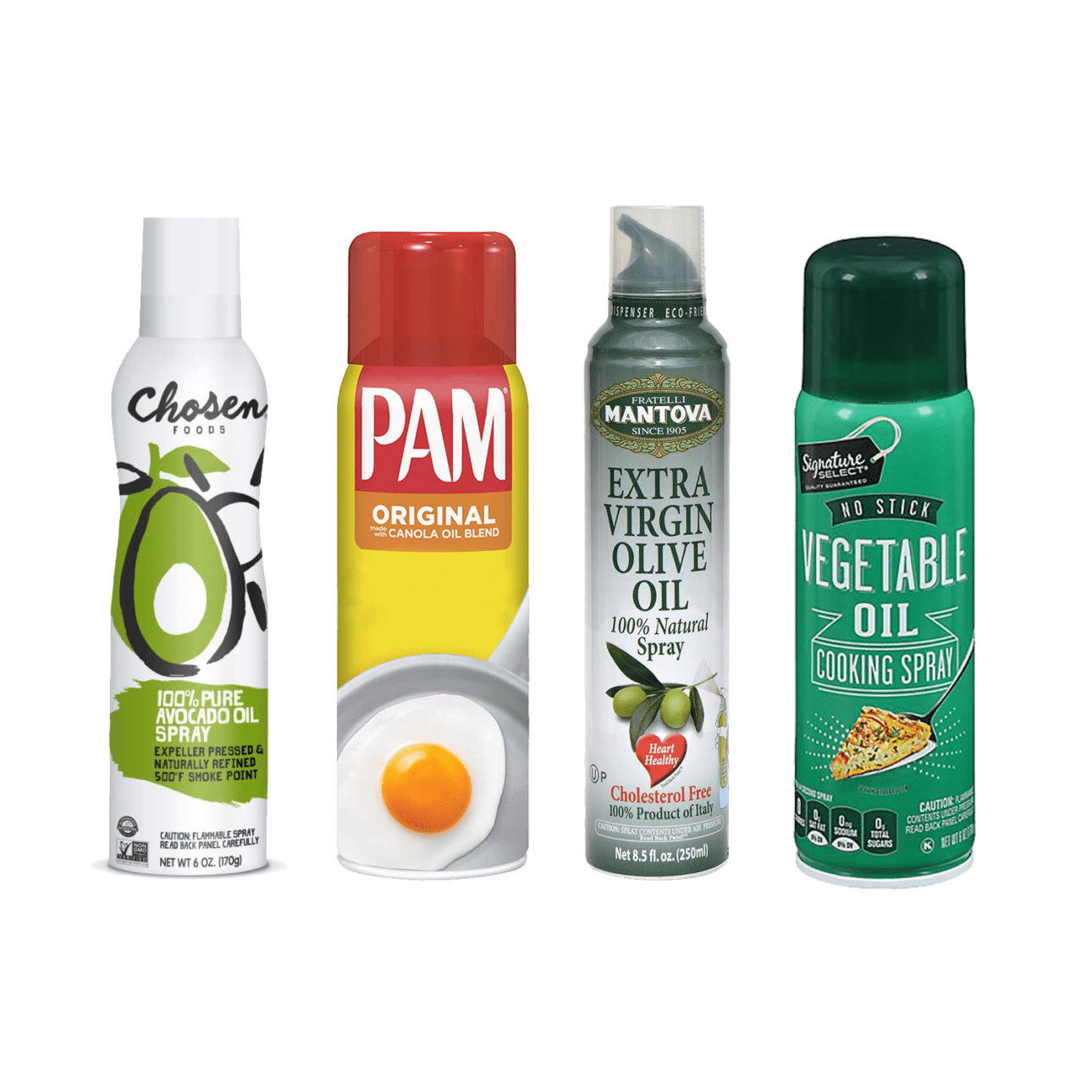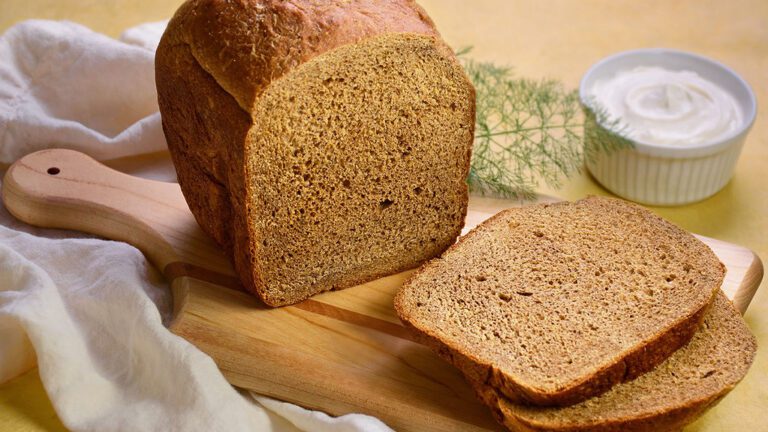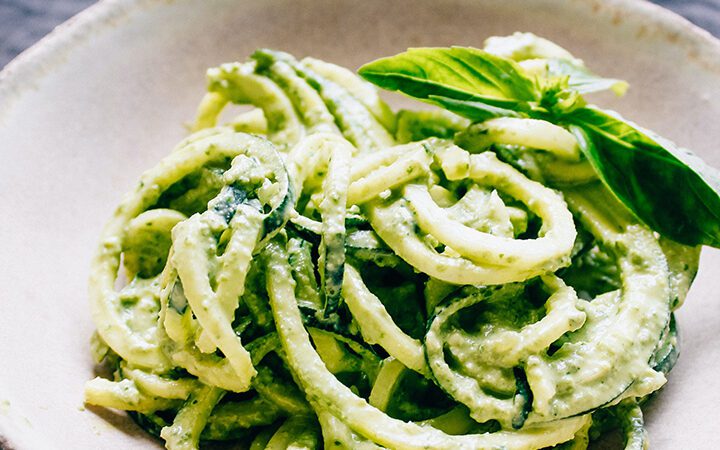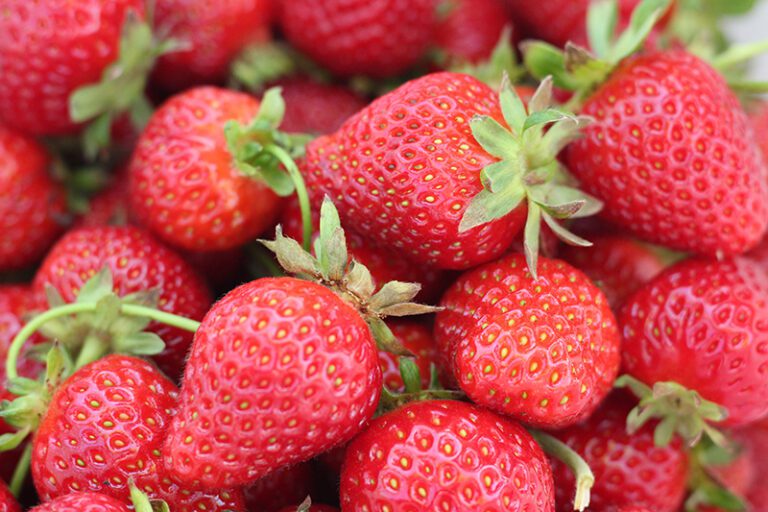Hey there, foodies! It’s Megan, and today we’re going to talk about one of my favorite kitchen staples: cooking sprays. You might be thinking, “What’s so exciting about cooking sprays?” Well, let me tell you, they’re more important than you think. Not only do they prevent food from sticking to the pan, but they also provide an easy way to add flavor to your dishes without excess oil.
However, not all cooking sprays are created equal. In fact, some of them might be doing more harm than good. That’s why in this blog post, we’re going to focus on non-propellant cooking sprays, why they’re the best option for your health, and which ones you should be using. So, let’s dive in!
Why Non-Propellant Cooking Sprays Are the Best
First things first, let’s define what a non-propellant cooking spray is. In simple terms, it’s a spray that doesn’t contain any harmful chemicals such as propane, butane, or other propellants. These chemicals can not only harm the environment but also affect your health negatively.
When you use a non-propellant cooking spray, you’re avoiding these chemicals and opting for a more natural option. Many non-propellant sprays use air pressure to dispense the oil, which is a safer and more eco-friendly method. Plus, non-propellant sprays are typically made with healthier oils that can benefit your body in various ways.
Why You Shouldn’t Use Traditional Canola Oil
Now, let’s talk about why you should ditch traditional canola oil. Canola oil is a highly processed oil that’s extracted from rapeseed plants. It’s cheap and has a neutral taste, which is why it’s commonly used in cooking. However, canola oil is not a healthy option.
First of all, most canola plants are genetically modified, which means they’re exposed to harmful pesticides and herbicides. Secondly, canola oil contains high levels of omega-6 fatty acids, which can be harmful to your health when consumed in excess. Finally, canola oil is highly refined, which means it’s stripped of its natural nutrients and antioxidants.
So, if you’re looking for a healthier alternative to canola oil, non-propellant cooking sprays are the way to go.
Avocado Oil Cooking Sprays: A Healthier Option
One of my favorite non-propellant cooking sprays is avocado oil spray. Avocado oil is rich in monounsaturated fats, which can help reduce inflammation and improve heart health. It’s also high in antioxidants and contains vitamins such as A, D, and E.
When you use avocado oil cooking spray, you’re getting all of these health benefits without sacrificing flavor. Avocado oil has a mild taste that won’t overpower your dishes. Plus, it has a high smoke point, which means it can withstand high temperatures without breaking down and becoming toxic.
One brand that I highly recommend is Chosen Foods. Their avocado oil spray is made with 100% pure avocado oil and is non-GMO, gluten-free, and kosher. Plus, it’s easy to use and doesn’t leave any residue or strange taste on your food.
Coconut Oil Cooking Sprays: Another Great Option
Coconut oil cooking spray is another great option for those looking for a healthier alternative to traditional cooking sprays. It’s a rich source of medium-chain triglycerides (MCTs), which have been shown to boost metabolism and promote weight loss. Additionally, coconut oil is high in lauric acid, a type of fatty acid that has been found to have antimicrobial properties, making it a great choice for cooking.
One of the best coconut oil cooking sprays on the market is the Mantova Coconut Oil Spray. This spray is made from pure, organic coconut oil and is free from any propellants or chemicals. It is also non-GMO and has a high smoke point, making it suitable for high-heat cooking.
Conclusion
In conclusion, non-propellant cooking sprays are a healthier alternative to traditional cooking sprays that are often loaded with chemicals and preservatives. Avocado oil and coconut oil sprays are two great options to consider, as they are both high in healthy fats and have a high smoke point. When choosing a cooking spray, be sure to read the label carefully and avoid any products that contain propellants or other harmful ingredients.
Also read: Benefits of Chia Seeds: The Tiny Superfood to Add to Your Diet






